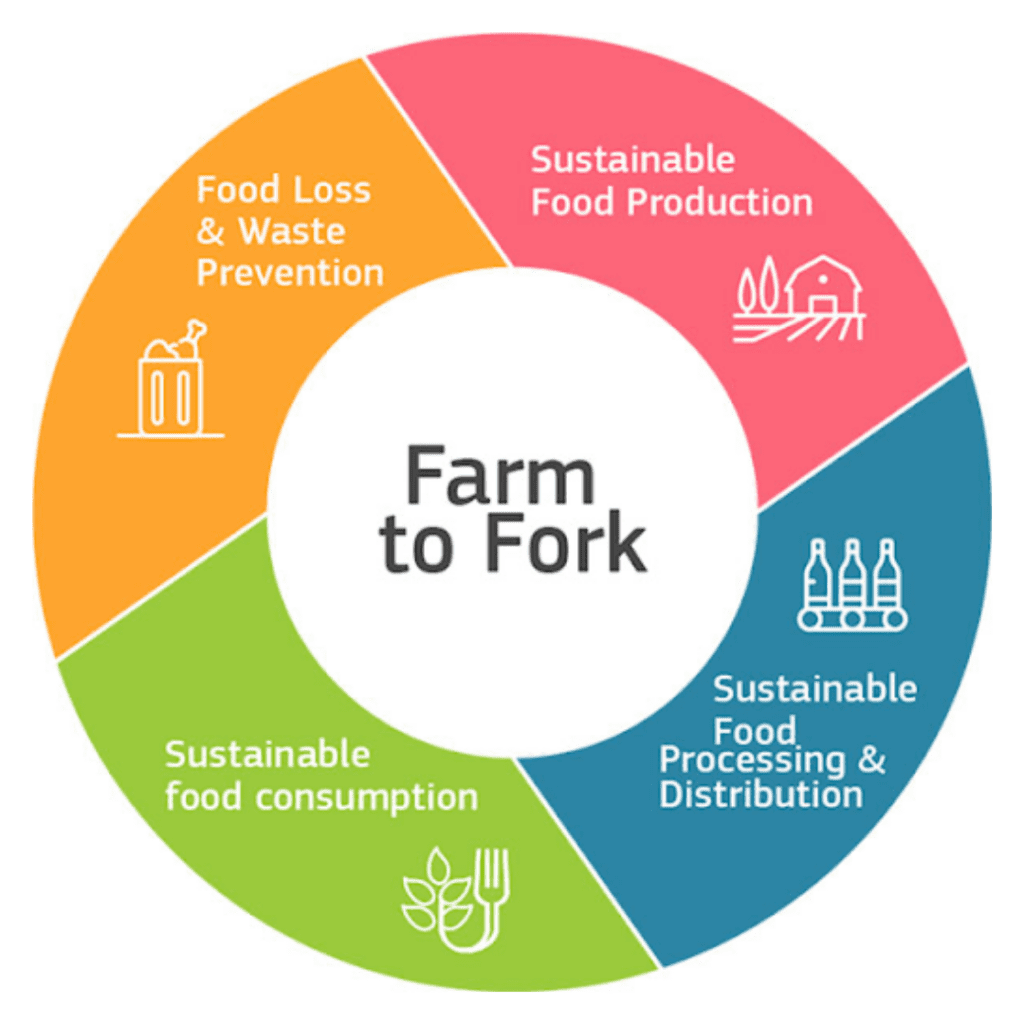PARIS —The EU Farm to Fork Strategy aims to create a more equitable, healthy and environmentally friendly food system. It’s also a quiet revolution for the bakery sector.
Didier Jans, secretary general of the International Association of Plant Bakers (AIBA), highlighted the importance of the Farm to Fork Strategy in his presentation today at iba.CONNECTING EXPERTS, a virtual tradeshow being held Oct. 25-28.
 The Farm to Fork Strategy is part of the European Green Deal, a sweeping political agenda designed to boost the economy, improve people’s health and quality of life, and kickstart climate action. But it’s not just affecting Europe. As concerns around climate change intensify, these policies may become a case study for overhauling the North American food system, too.
The Farm to Fork Strategy is part of the European Green Deal, a sweeping political agenda designed to boost the economy, improve people’s health and quality of life, and kickstart climate action. But it’s not just affecting Europe. As concerns around climate change intensify, these policies may become a case study for overhauling the North American food system, too.











